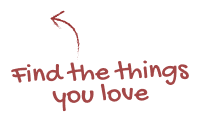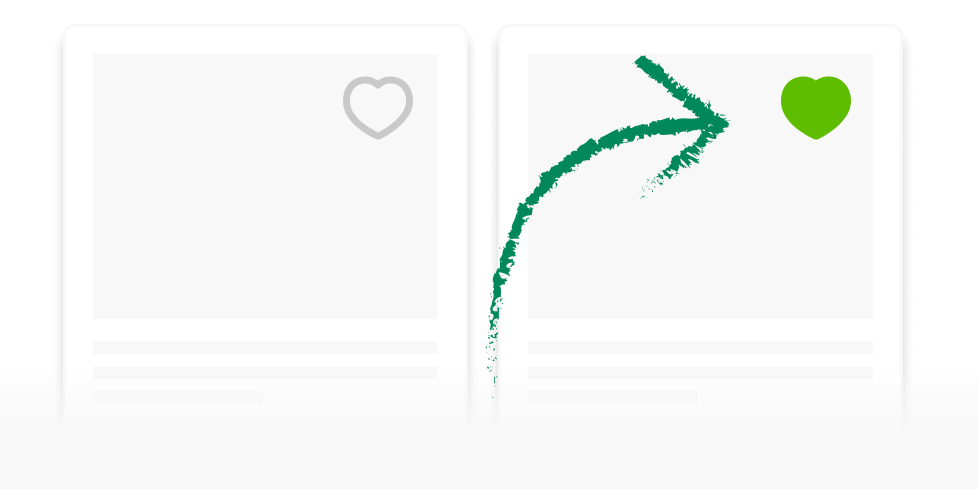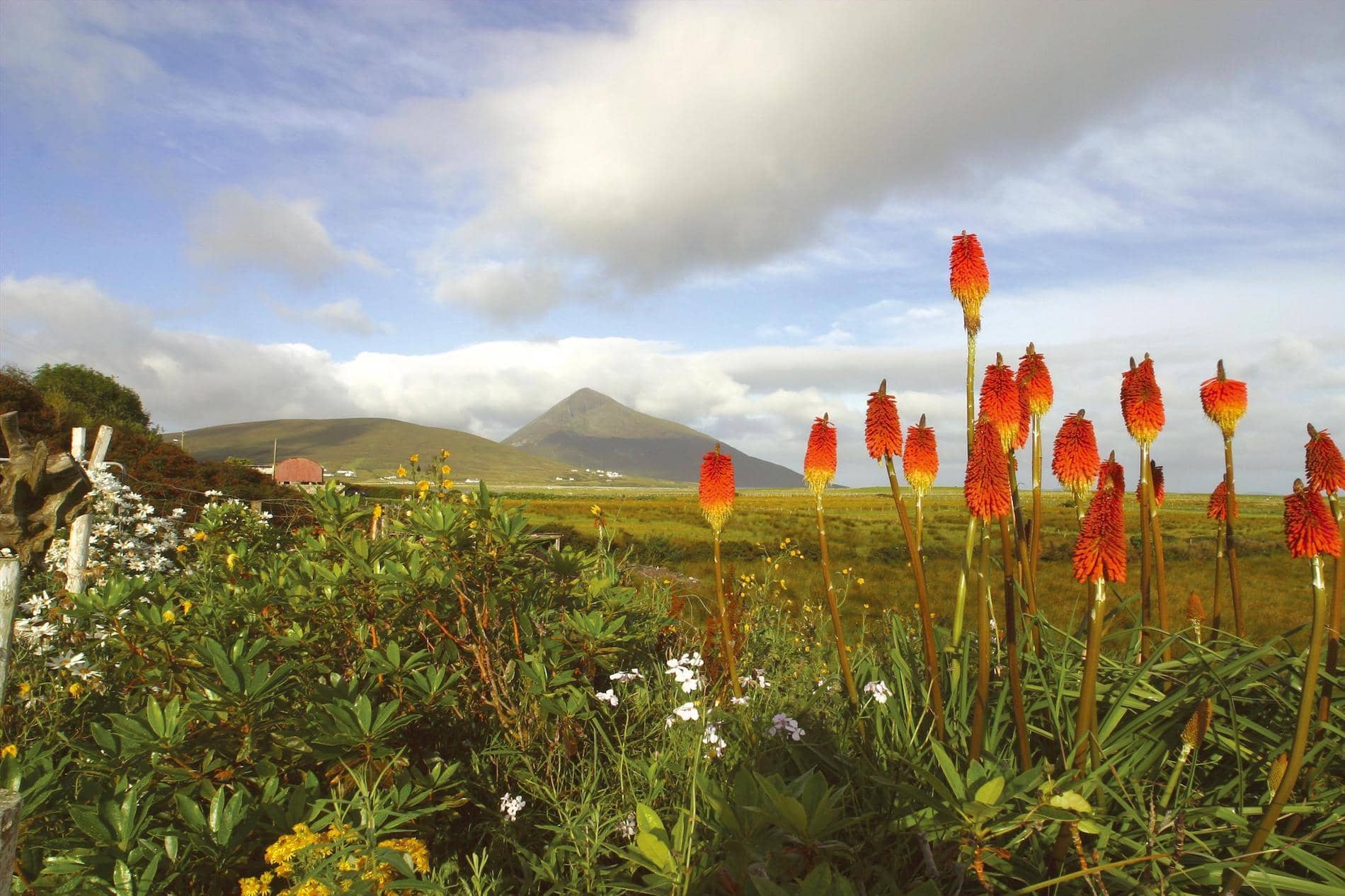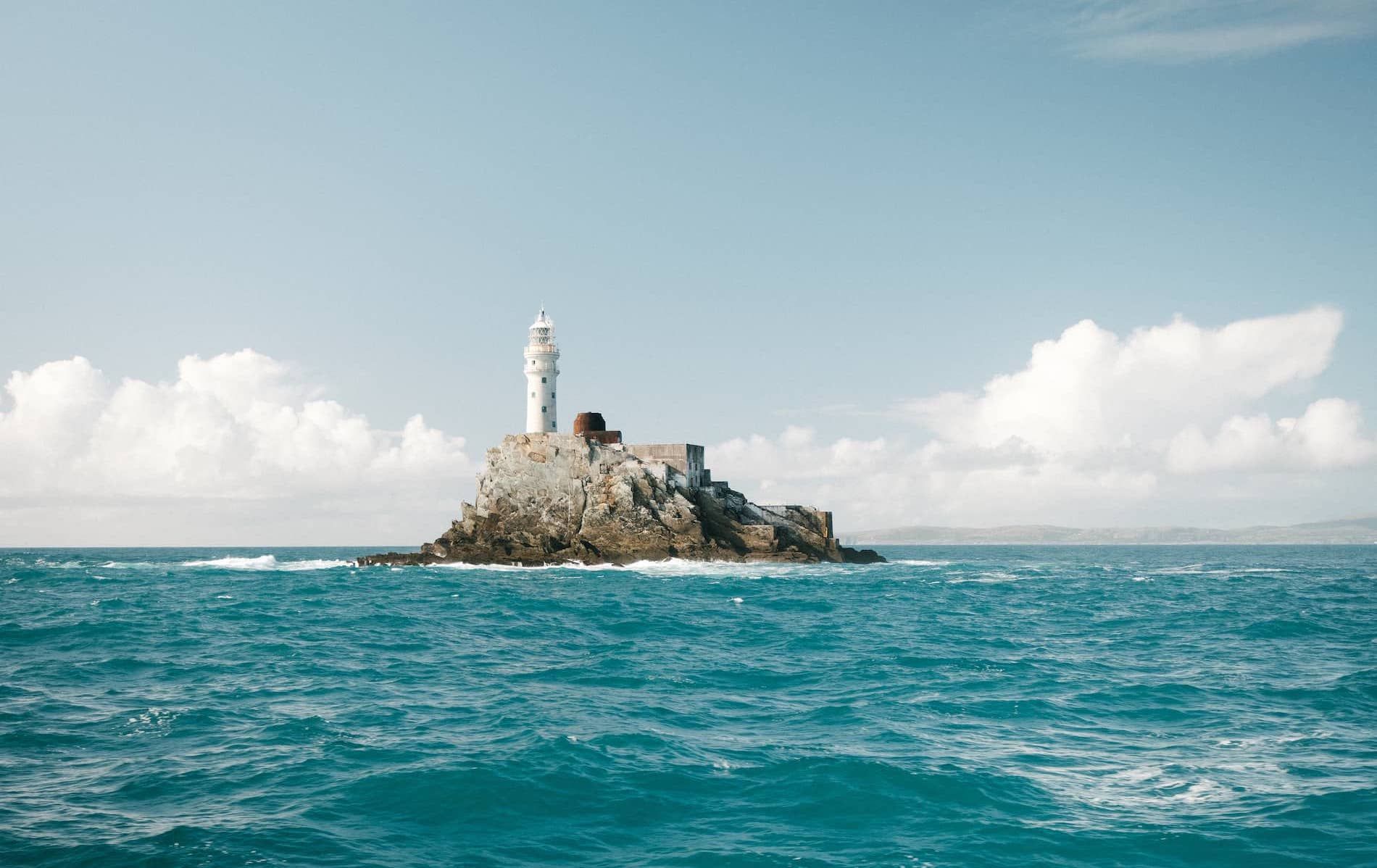

Money
Cash or credit? However you like to pay, it's pretty easy to manage your money while you're in Ireland
What's on this page?
3 top tips
Currency
In Ireland, there are two currencies you'll need depending on where you travel. The euro is used in the Republic of Ireland. One euro consists of 100 cent. Notes are €5, €10, €20, €50, €100, €200 and €500. Coins are 5c, 10c, 20c, 50c, €1 and €2.
In Northern Ireland, pound sterling is the official currency. One pound sterling consists of 100 pence. Notes are £5, £10, £20, and £50. Coins are 1p, 2p, 5p, 10p, 20p, 50p, £1 and £2.


Writer's Square, Belfast
Credit and debit cards
Visa and Mastercard are widely accepted throughout the island of Ireland; American Express is accepted in some places but not all. Credit cards can be used for purchases and also to withdraw cash from ATMs (although this usually is accompanied by a fee). You can also withdraw cash from ATMs with your Mastercard or Visa debit card. Fees will still be charged but at a lower rate to credit cards.
Ireland uses a “chip and pin” system for debit and credit card transactions. Retailers may still accept swipe cards but please note this is not always guaranteed. It is recommended that you notify your bank of your travel plans prior to your departure.
Contactless payment is increasingly popular. You can "tap" your debit card to pay for purchases of up to €50 or £45.
Banking services
Banks in both the Republic of Ireland and Northern Ireland generally open around 9.30am and close about 4.30pm Monday through Friday; 5pm on Thursday. Selected banks may open on Saturday mornings. ATM (cash) machines are located at most banks and in cities, towns and villages, and accept most credit and debit cards.























